brand
LEADERSHIP AND FIRSTBANK’S SUCCESSFUL TRANSITIONING TO ‘CLICK’ BANKING

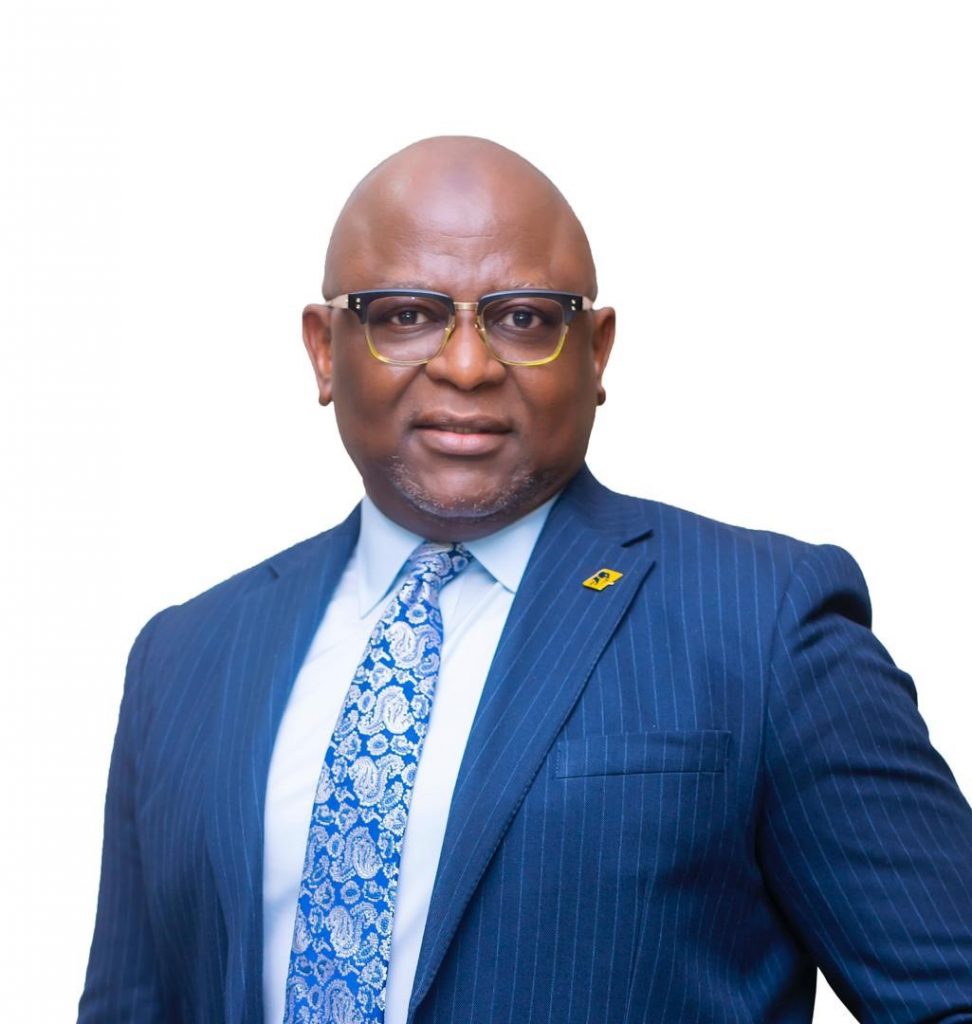 In December 2015, the share price of First Bank of Nigeria Limited was trading around N4.8 band. About seven years later, precisely last December, the value held tightly to N15, growing by over threefold amid general asset and economic doldrums.
In December 2015, the share price of First Bank of Nigeria Limited was trading around N4.8 band. About seven years later, precisely last December, the value held tightly to N15, growing by over threefold amid general asset and economic doldrums.
The steep rise in the valuation of the financial institution deviates remarkably from the average performance of FUGAZ, an acronym describing the top five Nigerian banks by market capitalisation. In the past seven years, the share prices of the leading banks appreciated by an average of 90 per cent as against over 200 per cent growth seen in FirstBank.
Deflated by the bank’s exceptional performance, Access Holdings, GTCO, UBA and Zenith stocks posted about 60 per cent growth. The performance of the entire banking sector also flattens out when compared with FirstBank, which raises questions about the fundamentals of the bank and its growth trajectory.
In terms of inflation-adjusted return on investment, FirstBank shareholders are among the investors that emerged from the turbulent years with a positive real rate of return. Was it a stroke of luck? Does the market reward poor performance?
Of course, stocks sometimes thrive on mere greater fool theory, thus triggering an asset bubble. But the positive share movement of the premier bank is but only one of the many high growth indicators.
In first quarter of 2023, the bank’s non-performing loan (NPL) ratio came down far below the five per cent regulatory threshold, which means so much difference when placed in a historical context. As at December 2015, its NPL ratio was over 45 per cent, a telling reflection of the level of effort that went into cleaning its books in the intervening years. For analysts, the cleanup, which was done without raising fresh capital, explains what disciplined, focused and forthright leadership could achieve.
On cleanup process, the Bank CEO, Dr. Adesola Kazeem Adeduntan, said the institution was “its self-created AMCON”, referring to the Asset Management Corporation of Nigeria set up in the aftermath of the 2008 financial crisis to buy up the threatening toxic assets of Nigerian banks.
Indeed, what the management of the bank has done in the past seven years is not remarkably different from the role of AMCON, since its creation in 2011, except that the former raised fresh capital for its humongous responsibility whereas the bank did not. Also, the FirstBank experience was internal; and it did face a tougher task in terms of the proportion of its assets that had gone bad.
At the height of the financial crisis in 2008/2009, the NPL ratio rose to 37.3 per cent, from 9.9 per cent on record in 2007. On the other hand, the premier bank was carrying over 45 per cent NPL on its book as at January when Adeduntan took the reins of its leadership as the managing director.
All through the process, the bank did not raise fresh capital for the housecleaning programme, meaning the shareholders’ value was not diluted in the process.
Investors may have also kept in view other impressive qualitative metrics such as pre-tax return on equity (RoE), a measure of net income in proportion to shareholders’ equity, which moved from 0.6 to 17.3 per cent at the end of last year’s financial cycle. Also, pre-tax Return on Asset (RoA) climbed from 0.1 to 1.6 per cent while the cost of risk was also down to 1.7 per cent last year, from 10 per cent recorded in its 2015 financial.
At the end of this month, Adeduntan would have spent 7.5 years in office and he would be 30 months short of the tenure limit requirement. Already, he is the longest-serving chief executive of the institution, which is known for its short-term leadership tradition. Casual observers consider him as fortunate, but deep analysts think differently – the bank has been fortunate to have had him.
The lender, which predated ‘Nigeria’, and played the most active financial role in the structuring of the country’s pre- and post-Independence economy, may have just got its groove back under the current management. The books are clean and the NPL is trending downward, faster than the industry average. But beyond, its top and bottom lines are all out of the woods and climbing.
Its total assets, for instance, have increased by 167 per cent in the past seven years, meaning that its asset size has almost tripled, which also outperformed the industry growth. In terms of liquid asset to total asset ratio, it is also ahead of most of its peers. This suggests that while the quality of its assets has increased remarkably, with the NPL ratio falling by 88 per cent in less than a decade, the bank’s asset growth has not stalled, which speaks volumes about the quality of its risk management approach.
Currently, FirstBank had in its portfolio of about 41 million customer accounts, an extraordinary 276 per cent lift from its 2015 record. The figure is about 30 per cent of total bank accounts held by Nigerian banks. Customer depositors also jumped by as much as 153 per cent to 10.6 trillion.
The growth seen is also robbing off on the bottom line with the profit before tax (PAT) increasing by N137 billion in the period. That translates to over 1300 per cent, probably contributing majorly to the sudden spike in the share of the bank.
Perhaps, owing to its long history dating back to when banks were mostly associated with corporate and public sector financial infrastructure, FirstBank was mostly seen as a go-to for savers and borrowers. But that seems to have changed with its many smart digital channels. For its management, that is deliberate.
“Our goal is to transform the bank from lending-based to a transaction-based financial institution,” the chief executive pointed out.
Yes, its transformation is no longer a dream. From zero share of corporate e-bill payments, it has shoved its competitors behind to take hold of 42 per cent of the market. The bank, in the words of its managing director, has pivoted from brick and mortar to “brick and click”, making payment seamless and a click away for individuals, corporate as well as public entities.
“We have built a very formidable trade and cash management platform that we call FirstDirect, which allows corporate banking customers, from the comfort of their home, to initiate a trade transaction and complete it. You have a single view, giving you an interface where you can add your different accounts and transact,” Adeduntan explained.
FirstMobile, a standalone digital bank, has also emerged as a household name in the financial technology ecosystem. In 2015, when the platform was still at its teething age, its users were about 60,000 a number that soared to over six million (a growth of over 10,000 per cent). That has contributed immensely to the changing tradition of banking with FirstBank, as about 85 per cent of its transactions are now initiated via digital windows.
FirstMobile appears to have hit the bull’s eye in the bank’s reinvention drive and effort to appeal to younger demographics. But the platform itself is merely one of the potpourris of telecommunication-driven initiatives it has taken on to get the young depositors on board. FirstOnline users have also grown from about 90,000 to over one million within the timeframe just as its USSD, which targets feature phone users, is even more successful with users increasing by close to 3,000 per cent in seven years to 14.7 million.
Overall, its digital banking has evolved in both volume and public impression. Ease, convenience and reliability have moved the customer base from its tiny 0.6 million to 22 million.
Indeed, FirstBank is transmuting into a transaction-led institution. Last year, the volume of transactions hit 17 million, 8.5 times what it was in 2015 when it experienced some corporate turbulence. But the growth is not only in volume terms, as its non-interest income ratio hit 40.6 per cent for the first time last year, which aligns with the strategic direction of the current management in weaning the group from excessive credit risk exposure.
Over the years, most Nigerian banks have consolidated their global outlook. FirstBank has led the pack with its 40-year United Kingdom subsidiary, which is bigger than some of its competitor wholesale operations back home. But some of the pro-offshore Nigerian banks had been accused of extroversion and ego-seeking as most of the outposts were nothing but cost centres.
In the past few years, the assumption has been deflated; and the performance of the African subsidiaries of FirstBank is among what could be changing the tide. Before the 2015 change of the guard, the subsidiaries’ operations left had created a gaping hole in the PBT of the consolidated account. Last year, they contributed a combined 21.3 per cent to the group’s pre-tax profit.
But that was not because there was no risk out there. In the heat of the Ghanaian government debt crisis, Adeduntan revealed, FirstBank took the least impairment among Nigerian banks that were exposed to the crisis “not because we saw it coming but because we have consistently done the right thing and adopted best risk management practice”.
There is also a humane side to his management approach. Today, FirstBank is among the highest-paying Nigerian banks and offers the most attractive conditions of service, including training, accelerated career growth and many more. In 2021, its efforts were compensated with the Great Place to Work Award. Today, the once-touted conservative bank is attracting young and upwardly mobile professionals with the average age of its employees estimated at 39 years.
Being the longest-serving managing director of the pre-colonial financial behemoth, Adeduntan has the leverage of time and experience to enforce its transformational agenda. But he had also prepared for the job. At KPMG where he co-pioneered the firms’ financial risk management advisory services, he trained in almost all areas of human endeavors – presentation, people management, business writing and all sorts. On assumption of office, he was bold and firm in his decision to headhunt, institute new work culture, clear career growth blockages and challenged the status quo.
His courageous outing in the past seven and half years has transformed an institution once considered one of least prepared for the age of “brick and click” banking into the Usain Bolt of the emerging financial technology space.
brand
Fidelity Bank Commences Disbursement of FGN MSME Intervention Funds
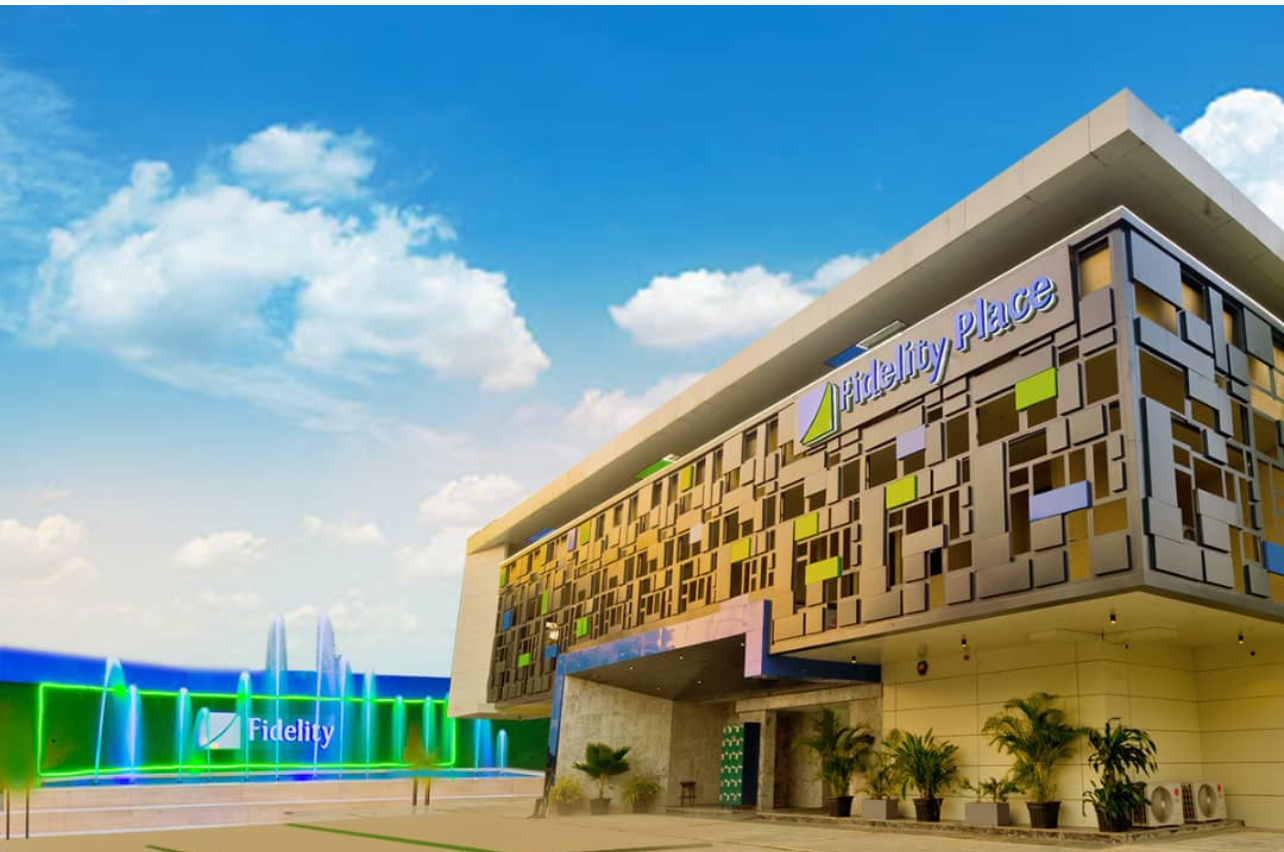
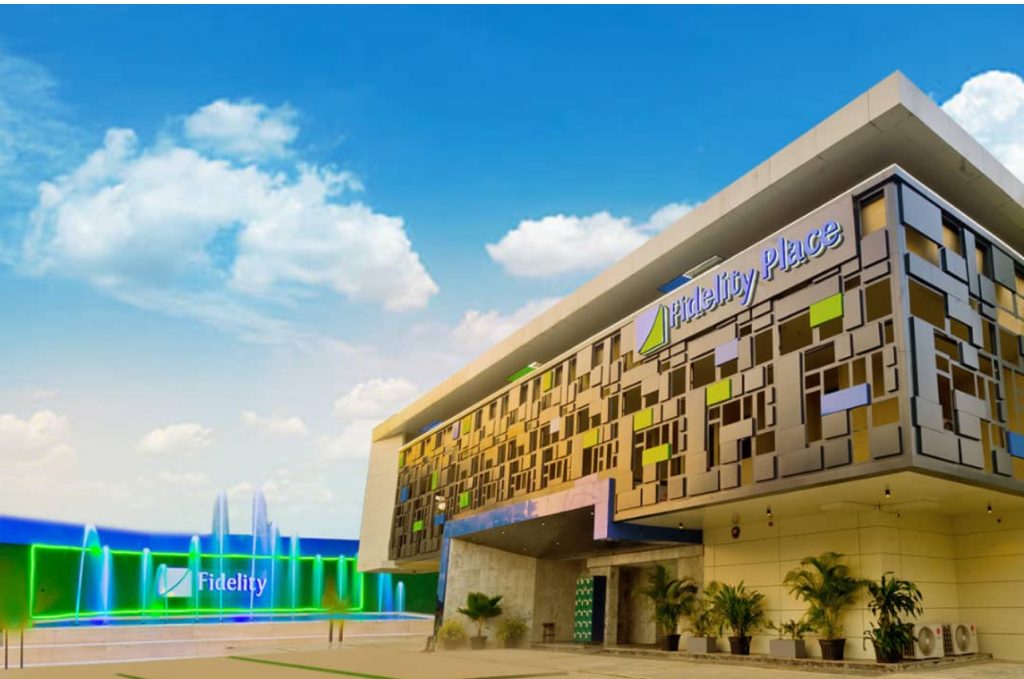 ……Reaffirms Support for Women Entrepreneurs
……Reaffirms Support for Women Entrepreneurs
Tier One Lender, Fidelity Bank Plc, has commenced the disbursement of the Federal Government of Nigeria’s (FGN) MSME Intervention Funds, administered by the Bank of Industry (BOI), to qualified SMES with a strategic focus on empowering women-owned businesses across the country.
The FGN MSME Intervention Fund is designed to provide accessible financing to micro, small, and medium enterprises (MSMEs) across all 36 states of the federation.
The intervention aligns with Fidelity Bank’s commitment to inclusive economic growth and its long-standing support for Nigeria’s SME sector. In this phase of the disbursement, the bank is prioritizing women entrepreneurs, reinforcing its belief in the catalytic role of women-led enterprises in driving sustainable development and job creation.
Speaking on the development, Osita Ede, Divisional Head, Product Development at Fidelity Bank Plc, said, “As a bank deeply committed to the growth of SMEs, we are proud to partner with the Federal Government and the Bank of Industry on this critical intervention. For this phase, we are placing women at the forefront because we recognize their resilience, innovation, and pivotal contributions to wealth creation and employment generation in Nigeria.”
Fidelity Bank has also put in place a robust structure to ensure seamless onboarding and fund disbursement. Leveraging its nationwide branch network, digital banking platforms, and experienced relationship managers, the bank is poised to reach and support entrepreneurs across urban and rural communities.
The bank’s emergence as a critical player in the disbursement of the FGN MSME intervention Fund strongly aligns with its ongoing initiatives as the leading supporter of SMEs in Nigeria. Recently, the Fidelity SME Empowerment Programme (FSEP) was launched at its Gbagada SME Hub in Lagos.
This flagship initiative provided 100 growth-ready SMEs with ERPRev-enabled POS systems, business software, receipt printers, barcode scanners, inventory support, bookkeeping and branding training, three-day masterclasses, and six months of post-installation monitoring—all at no cost.
Earlier in May 2025, Fidelity Bank also signed an MoU with SMEDAN, Nigeria’s Small and Medium Enterprises Development Agency, to deliver SME-friendly low-interest financing, capacity-building support, and market access for SMEs referred under the agreement.
“Our vision goes beyond financing. We are building an ecosystem of support for SMEs by offering capacity-building programs, mentorship opportunities, and market access. Women entrepreneurs, in particular, will benefit from a larger share of the fund as part of our broader strategy to promote gender inclusion,”Ede added.
The FGN MSME Intervention Fund will further advance the bank’s commitment to empowering small and medium-sized enterprises by expanding access to affordable financing and strategic support. Through this fund, Fidelity Bank aims to deepen its impact on Nigeria’s MSME ecosystem, fostering sustainable growth, job creation, and economic resilience across the country.
Ranked among the best banks in Nigeria, Fidelity Bank Plc is a full-fledged Commercial Deposit Money Bank serving over 9.1 million customers through digital banking channels, its 255 business offices in Nigeria and United Kingdom subsidiary, FidBank UK Limited.
The Bank is the recipient of multiple local and international Awards, including the 2024 Excellence in Digital Transformation & MSME Banking Award by BusinessDay Banks and Financial Institutions (BAFI) Awards; the 2024 Most Innovative Mobile Banking Application award for its Fidelity Mobile App by Global Business Outlook, and the 2024 Most Innovative Investment Banking Service Provider award by Global Brands Magazine.
Additionally, the Bank was recognized as the Best Bank for SMEs in Nigeria by the Euromoney Awards for Excellence and as the Export Financing Bank of the Year by the BusinessDay Banks and Financial Institutions (BAFI) Awards.
brand
Access Holdings and Coronation on Group Unite to Champion Landmark Nigerian Art Exhibition on at Tate Modern
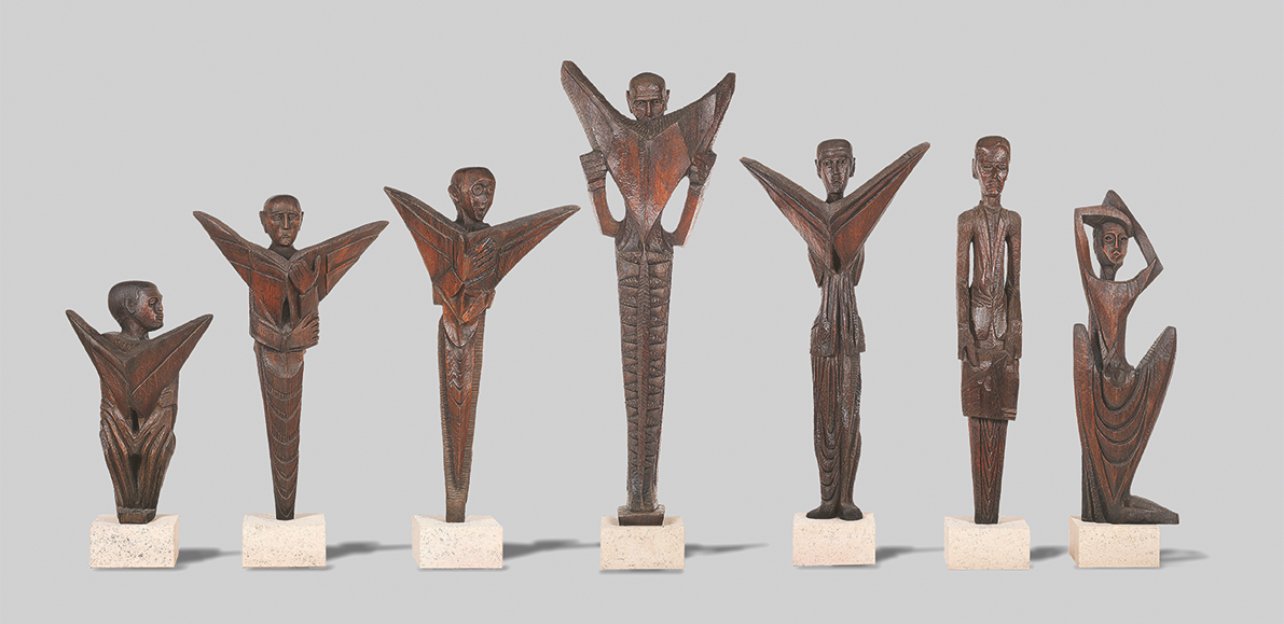
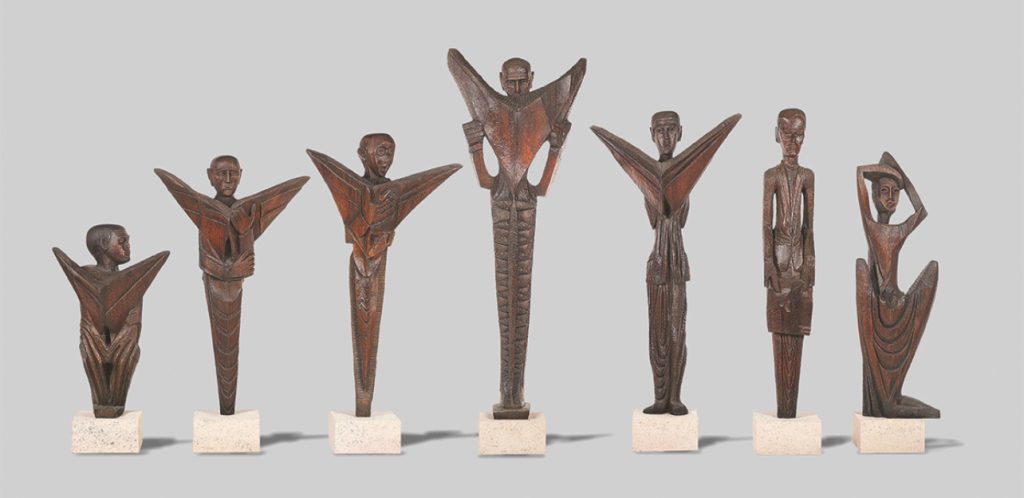
Access Holdings Plc and Coronation on Group Ltd, under the leadership of Chairman Aigboje Aig-Imoukhuede CFR, are proud to announce their joint support of Nigerian Modernism, the “rst major UK exhibition on to trace the trajectory of modern art in Nigeria. Opening at Tate Modern in London this October, the exhibition brings together over 250 works from more than 50 artists, spotlights ng Nigeria’s extraordinary arsc legacy from the 1940s to the turn of the century. This uniquely curated exhibion places Nigeria’s creave legacy “rmly at the centre of global art history.For the two “nancial instuons, this partnership represents more than corporate patronage. It is a strategic investment in cultural restoraon and identy. By acvely supporng Nigerian Modernism, Access Holdings and Coronaon Group rea7rm their belief that Africa’s future will be shaped not only by innovaon in boardrooms and markets, but by imaginaon in studios, classrooms and museums.Aigboje Aig-Imoukhuede CFR, Chairman of both instuons and a Member of Tate Modern’s Internaonal Council, brings a deeply personal commitment to this cause as one of Africa’s foremost patrons of the arts.“The modernist movement in Nigeria tells a story not just of art, but of the cultural awakening of a people who, even in mes of transon and turmoil, used creavity to assert dignity above circumstance and retain their authenc cultural identy,” he said.This commitment re:ects Mr. Aig-Imoukhuede’s philanthropic vision to build enduring African instuons. For him, culture is not separate from progress, rather central to it.
He explains that through this partnership with Tate, Access Holdings and Coronaon Group are helping to democrase access to African art, ensuring it is seen, studied and celebrated by the world. “This is how we inspire the next generaon. Not just of arsts, but of Africans who know that our stories ma;er and their voices are heard throughout history. I believe we all carry a sacred duty to protect and share our cultural legacy. The stories told by the artworks are living testaments to our ingenuity and global contribuon as Africans in the modern world,” he said.Tate Modern Director, Karin Hindsbo, said “This landmark exhibion is a powerful celebraon of the arsts who shaped a powerful vision of African Modernism. It brings long-overdue internaonal a;enon to their work and tells a visual story of cultural innovaon and exchange. We’re thrilled to be presenng this show at Tate Modern and to share the richness of Nigeria’s arsc legacy with audiences here in the UK and around the world.”Mr. Aig-Imoukhuede calls Nigerians everywhere, whether at home or part of the country’s vast and vibrant diaspora, to celebrate Nigerian Modernism as a cultural homecoming and a catalyst for conversaons that challenge outdated narraves.“The power of art transcends borders, connecng hearts and minds to inspire and drive change. This exhibion reminds us to reconnect with our roots and invites the world to see us through our own lens: rich, diverse and unapologecally African,” said Mr. Aig-Imoukhuede
brand
GTCO Plc Releases 2025 Half Year Audited Results ……. Reports Profit Before Tax of ₦600.9billion
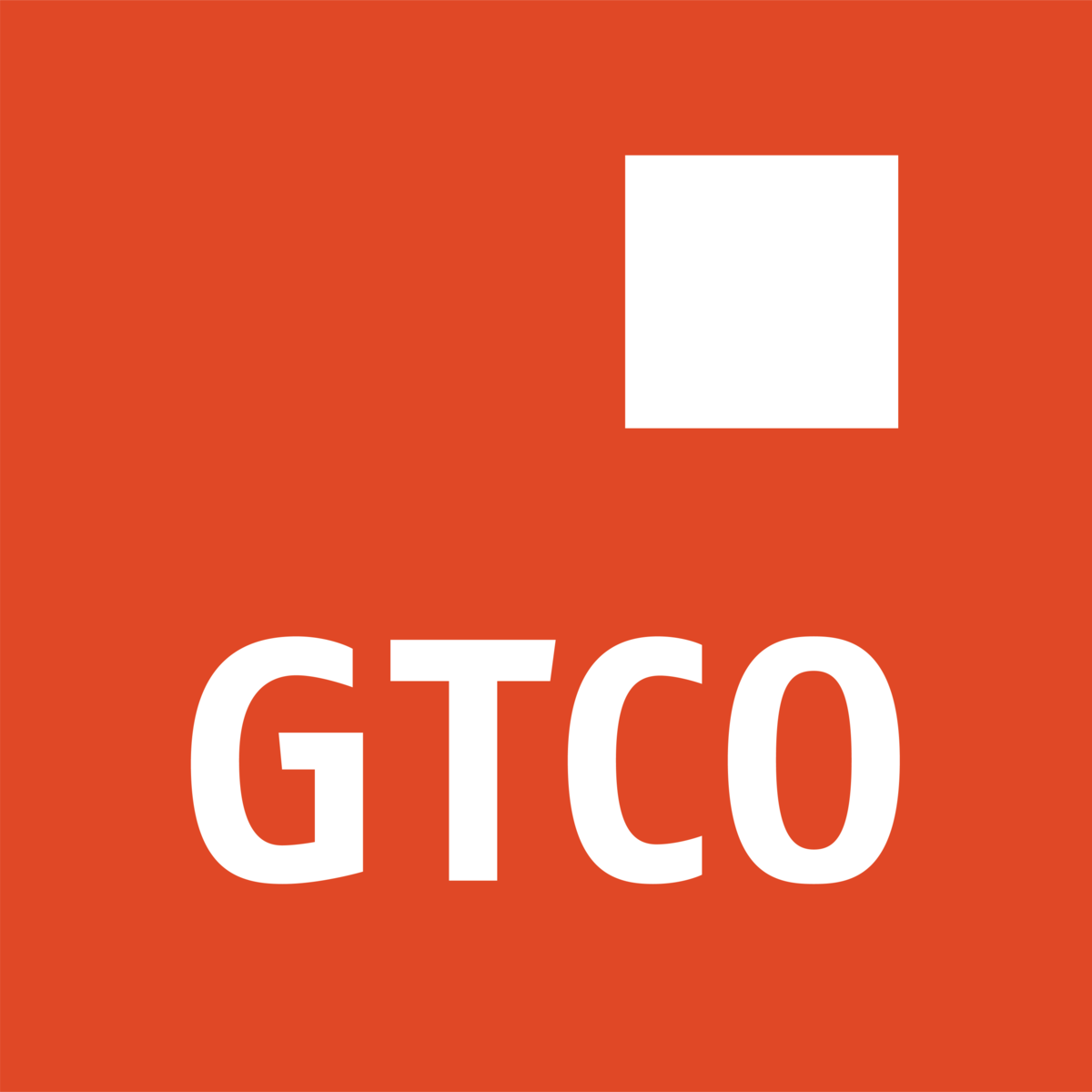
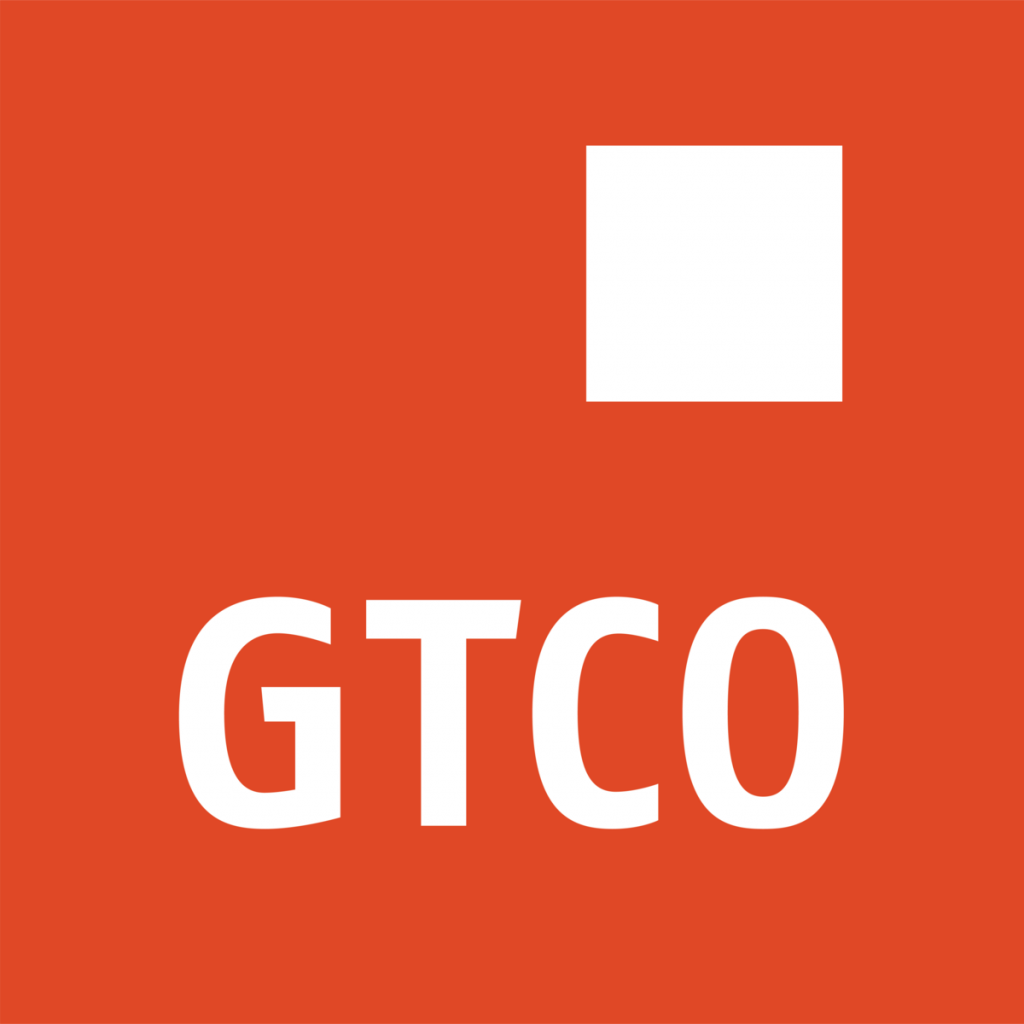
Guaranty Trust Holding Company Plc (“GTCO” or the “Group”) has released its Audited Consolidated and Separate Financial Statements for the period ended June 30, 2025, to the Nigerian Exchange Group (NGX) and London Stock Exchange (LSE). The Group recorded profit before tax of 600.9billion on the back of strong performance on core earning lines₦ of interest income and fee income, which grew y-o-y by 31.5% and 33.0%, respectively. The strong core-earning performance doused the impact of the 493.01bn fair value gains recognised in H1-2024 which did not₦ recur in H1-2025, thereby narrowing y-o-y dip in PBT to 40%.The Group recorded growth across all its asset lines and continues to maintain a well-structured, de-risked, and diversified balance sheet in all the jurisdictions wherein it operates a Banking franchise, as well as across its Payments, Pension and Funds Management business verticals. Total assets and shareholders’ funds closed at 16.7trillion and 3.0trillion, respectively. Capital Adequacy Ratio (CAR) remained very robust and strong,₦ ₦ closing at 36.2%. Asset quality also improved as evidenced by IFRS 9 Stage 3 Loans which closed at 3.2% at Bank level and 4.5% % at Group in H1-2025 (Bank -3.5% (Group- 5.2% in December 2024) and Cost of Risk (COR) improved to 1.7% from 4.9% in December 2024. In specific term, the Group’s loan book (net) grew by 20.5% from 2.79trillion position of December 2024 to₦ 3.36trillion in June 2025. Similarly, deposit liabilities grew by 16.6% from 10.40trillion to 12.13trillion during₦ ₦ ₦ the same period. The Board approved an interim dividend of 1.00 per share for H1-2025.₦Commenting on the results, the Group Chief Executive Officer of Guaranty Trust Holding Company Plc, Mr. Segun Agbaje, said: “Our half year performance reflects the strength of our core business and the progress we are making in building a truly diversified financial services ecosystem. Beyond the extraordinary one-off gains of last year, we are now driving sustainable growth with recurring earnings that highlight the resilience and scalability of our model. A key driver of this momentum is our continued investment in technology, particularly the comprehensive upgrade of our core banking systems, which is already delivering stronger uptime, greater efficiency, and increased capacity to scale as our customer base grows.”He added: “Across Banking, Funds Management, Pension, and Payments, we are leveraging a fully de-risked balance sheet to reinforce our market position while maintaining strategic flexibility for growth. This foundation positions us to take advantage of emerging opportunities and deliver lasting value for all stakeholders.”Overall, the Group continues to post one of the best metrics in the Nigerian Financial Services industry in terms of key financial ratios i.e., Pre-Tax Return on Equity (ROAE) of 60.4%, Pre-Tax Return on Assets (ROAA) of 10.6%, Capital Adequacy Ratio (CAR) of 36.2% and Cost to Income ratio of 30.1%. Guaranty Trust Holding Company Plc (GTCO Plc) is a leading financial services group with operations across Africa and the United Kingdom. Renowned for its strong corporate governance, innovative financial solutions, and customer-centric approach, GTCO Plc provides a wide range of banking and non-banking services including payments, funds management, and pension fund administration. The Group is committed to delivering long-term value to stakeholders while driving growth and development across its markets.
-

 news5 years ago
news5 years agoUPDATE: #ENDSARS: CCTV footage of Lekki shootings intact – Says Sanwo – Olu
-

 lifestyle5 years ago
lifestyle5 years agoFormer Miss World: Mixed reactions trail Agbani Darego’s looks
-

 health5 years ago
health5 years agoChairman Agege LG, Ganiyu Egunjobi Receives Covid-19 Vaccines
-

 lifestyle4 years ago
lifestyle4 years agoObateru: Celebrating a Quintessential PR Man at 60
-

 health5 years ago
health5 years agoUPDATE : Nigeria Records 790 new cases of COVID-19
-

 health5 years ago
health5 years agoBREAKING: Nigeria confirms 663 new cases of COVID-19
-

 entertainment9 months ago
entertainment9 months agoAshny Set for Valentine Special and new Album ‘ Femme Fatale’
-

 news5 months ago
news5 months agoBREAKING: Tinubu swears in new NNPCL Board


